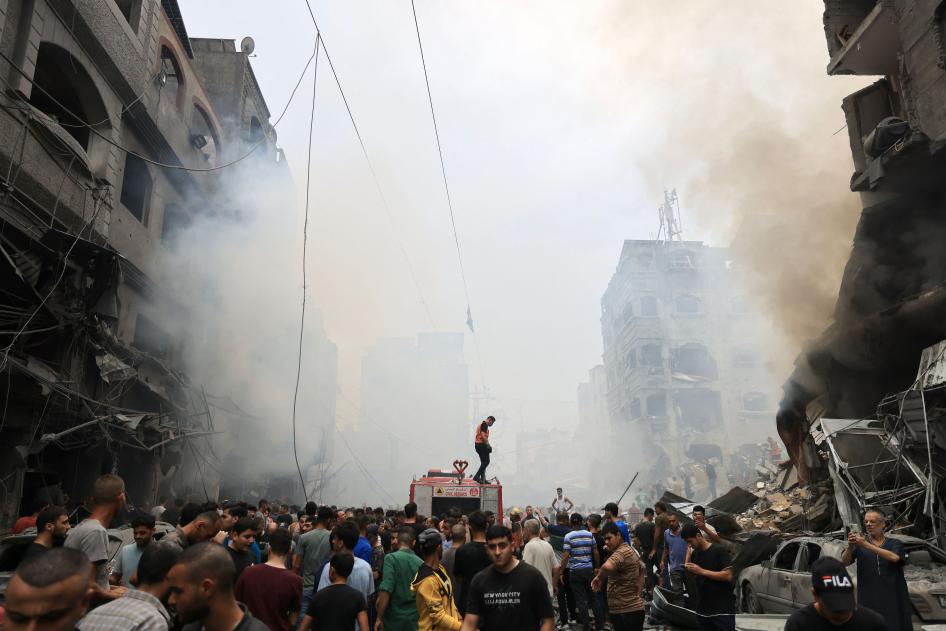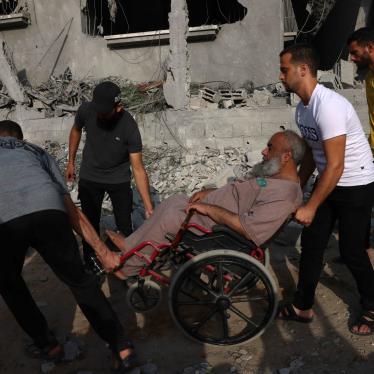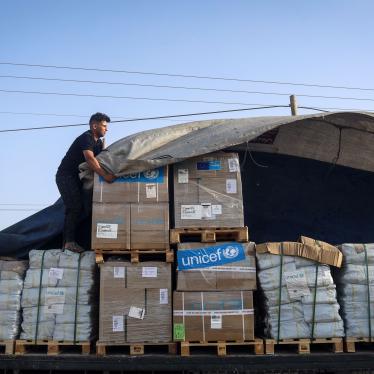The Swiss Federal Department of Foreign Affairs has decided to suspend funding to 11 respected human rights organizations in Israel and Palestine, a move that pauses critical support for human rights defenders including women human rights defenders.
The Swiss government says it plans to “carry out a fresh, in-depth analysis of all financial flows” and assess the “relevance and feasibility of programmes.” Earlier this month, European governments suspended more than $150 million in development aid, as Israel cut access to food, water, electricity, fuel, and medicines to more than 2.2 million people in Gaza, an act of collective punishment, which is a war crime under international humanitarian law.
The affected groups are: Adalah; Al-Shabaka; Gisha; 7amleh; Hamoked; Jerusalem Legal Aid and Human Rights Centre; MIFTAH: The Palestinian Initiative for the Promotion of Global Dialogue and Democracy; Palestinian Center for Human Rights; the Palestinian NGO Network; Physicians for Human Rights Israel, and Women’s Center for Legal Aid and Counselling.
Following a Hamas-led assault in Israel on October 7, in which about 1,400 people were killed and 230 taken hostage according to Israeli authorities, the Israeli military carried out thousands of airstrikes, destroying or damaging nearly half of all housing in Gaza. According to authorities in Gaza, more than 8,500 Palestinians, including more than 3,500 children, have been killed there since October 7. The West Bank, home to several organizations whose funding has been suspended, has seen a significant spike in Palestinians killed or held in administrative detention without charge or trial.
International support for local human rights defenders is a clear way to support protecting rights, documenting atrocities, and securing justice.
Switzerland made unequivocal commitments to stand with defenders in the Swiss Guidelines on the Protection of Human Rights Defenders (2014, revised 2019), the EU Guidelines on Human Rights Defenders (2008), and the OSCE Guidelines on the Protection of Human Rights Defenders (2014). This decision is hard to reconcile with those commitments.
The Swiss guidelines instruct representatives to support defenders’ security through media work, emergency protection programs, and pushing for investigations into attacks. The EU Guidelines provide, “the EU’s objective is to influence third countries to carry out their obligations to respect the rights of human rights defenders and to protect them from attacks and threats.”
Today, the work of Israeli and Palestinian human rights defenders is more critical than ever. Instead of leaving them in limbo, the Swiss government should maintain its funding of defenders while it conducts its review.










